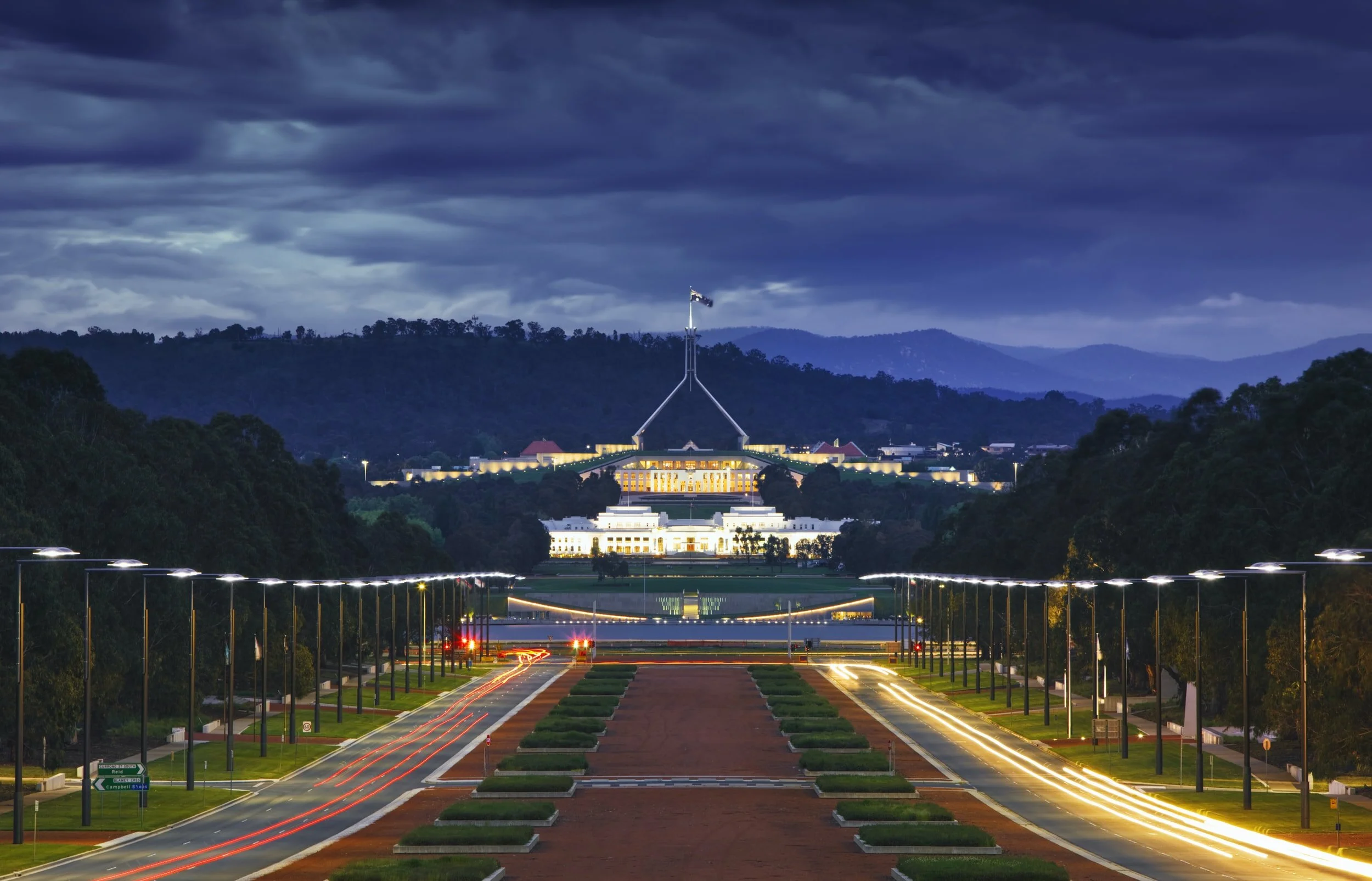There has been increasing interest in revamping our economic systems to better support individual and collective health and wellbeing and distribute wealth more evenly, while doing more to protect the planet. In today’s post, recently-appointed VicHealth (@VicHealth) postdoctoral research fellow Melissa Kennedy of Deakin University (@DeakinSeed) explains what Community Wealth Building (CWB) is and how a recent Masterclass in the Victorian Goldfields region explored its transformative potential.
Read MoreChristian Eva (@ChristianEva9), Kerry Bodle, Dennis Foley, Jessica Harris, and Boyd Hunter discuss their new research in the Australian Journal of Social Issues on Indigenous owned businesses - to help inform future policy direction for both Indigenous employment and Indigenous business policies.
Read MoreDr Adrian Bazbauers (@AdrianBazbauers) of the Public Service Research Group, UNSW Canberra discusses his new analysis of how multilateral development banks approach gender.
Read MoreIn today’s post, Emma O’Neill of Good Shepherd (@GoodShepANZ) explores the potential impacts of the Government’s proposed regulation of Buy Now, Pay Later Products. Emma is a Senior Policy & Advocacy Advisor with a particular interest in women’s economic security, gender and climate change, and the impacts of marketisation on social equity.
Read MoreIn today’s analysis, Phoebe Nagorcka-Smith (@PNagorckaSmith) of Good Shepherd Australia New Zealand (@GoodShepANZ) uses evidence from their recent ‘Safety net for sale’ report to explore how Buy Now Pay Later is used to trap family violence victim-survivors in debt, and why regulation is key to preventing it.
Read MoreDr Kim Moloney (@Global_Academic) of Hamad Bin Khalifa University shares a preview of her new book Who Matters at the World Bank: Bureaucrats, Policy Change, and Public Sector Governance, which tells the story of civil servant influence and the rise of public sector reform at the World Bank (read a sample chapter here).
Read MoreOur care industries are vital to a healthy, functioning economy. In today’s analysis, Kristine Ziwica (@KZiwica), a journalist with 20 years experience working in Australia, the United States and the UK on human rights and gender equality campaigns, argues that we need to invest in our people and place care at the centre of the Australian economy.
Read MoreThis article by Stephen Duckett, Honorary Enterprise Professor in the School of Population and Global Health at the University of Melbourne, examines Australia’s 2022-23 Budget through a health lens and highlights missed opportunities for the federal government to improve primary care and aged care. It is republished from The Conversation.
Read MoreNew research shows households with young children are feeling the highest level of stress as a result of the COVID-19 pandemic. This is highest for families in communities that experience moderate levels of poverty. Professor Abigail Payne from the University of Melbourne discusses what needs to happen to ensure families are not left behind as we look ahead to the COVID-19 economic recovery.
Read MoreAccording to a recent Anglicare Australia report, more than three quarters of Australians surveyed using a representative national sample method supported the creation of a permanent basic income. Last year’s JobSeeker/JobKeeper experience showed us the potential of this approach. This article from Nikki Stefanoff (@nikki_stefanoff) was originally posted on Pro Bono Australia.
Read MoreOne of the headline figures in Tuesday’s federal budget was a A$1.1 billion dollar investment in women’s safety. This came as part of a special women’s budget statement, which pitched the budget as helping provide women with “respect, dignity, choice, equality of opportunity and justice”. It also comes amid a national crisis in domestic violence. On average, one woman is killed every week in Australia by a male current or former partner. So does the budget deliver on its promise to prioritise women’s safety and equality at home and at work? Does it do enough?
Read MoreThis post by Simone Casey (@simonecasey) and David O’Halloran considers a cross-disciplinary perspective on the effectiveness of JobSeeker sanctions, applying power relations and psycho-social lenses. This post originally appeared on Austaxpolicy: Tax and Transfer Policy Blog, with original version available here.
Read MoreThe important message for the community in these challenging times is that people seeking to repair their credit reports or negotiate with their creditors do not need to pay expensive fees.
Read MoreJensen Sass and Kate Henne, from the School of Regulation and Global Governance at the ANU, argue that the pandemic has opened up space for reconfiguring the relationships between states and markets.
Read MoreA new report from the Centre for Social Impact provides an overview of the impact of the pandemic on the financial wellbeing of Australians, and explains the key elements of the government response so far.
Read MoreIf you have ever needed money in a hurry it may have been tempting to apply for a small loan to tide you over until your next pay packet. During Covid-19 and with increasing financial precarity, ‘payday’ loans may be how people resource short-term solutions as many people look online for financial help. Research from Dr Vivien Chen at Monash Business School’s Department of Business Law and Taxation shows the rise of digital platforms has significantly increased consumer access to payday loans. The financial risk posed by Covid-19 presents a key opportunity for governments to develop policy and mechanisms to protect people in financial distress. This article originally appeared in Monash Impact.
Read MoreIn today’s post, Dr Ann Kayis-Kumar, Professor Fiona Martin, Dr Jack Noone and Professor Michael Walpole from the University of New South Wales explain that many sole traders in Australia are experiencing financial hardship in the current pandemic because they are behind on their tax paperwork. Those helped by the UNSW Tax Clinic who were behind on their quarterly Business Activity Statements were, on average, seven years behind. Their financial vulnerability has long-term and widespread implications. This article was originally published in The Conversation.
Read More




















